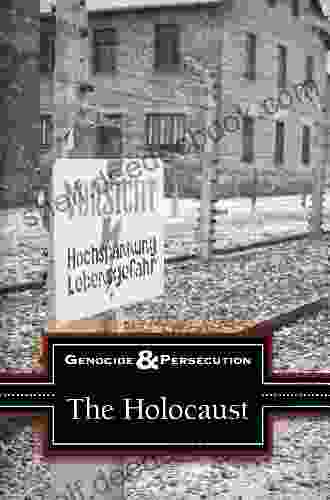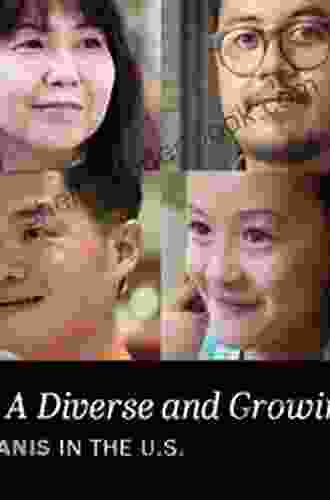The Holocaust: A Comprehensive Overview of Genocide and Persecution

The Holocaust, a chilling chapter in human history, stands as a haunting reminder of the depths of human depravity. Orchestrated by Nazi Germany during World War II, the Holocaust was a systematic genocide that claimed the lives of millions of people, predominantly Jewish individuals.
4.7 out of 5
| Language | : | English |
| File size | : | 11448 KB |
| Screen Reader | : | Supported |
| Print length | : | 240 pages |
| X-Ray for textbooks | : | Enabled |
This article delves into the intricate web of factors that led to the Holocaust, examining the insidious rise of anti-Semitism, the propaganda machine that fueled hatred, and the bureaucratic mechanisms that enabled the mass extermination.
Origins of the Holocaust
The roots of the Holocaust can be traced back to centuries of anti-Semitism, a deep-seated prejudice against Jewish people. This prejudice, often rooted in religious intolerance and economic rivalry, was exploited by Nazi Germany to gain political power.
Under the leadership of Adolf Hitler, the Nazi regime propagated a virulent ideology that portrayed Jews as an inferior race, a threat to German society. Through propaganda campaigns and hate speech, the Nazis systematically dehumanized Jews, laying the groundwork for their eventual annihilation.
Mechanisms of Persecution
The Holocaust unfolded in a series of escalating stages, each serving to isolate, degrade, and ultimately exterminate Jewish people.
Initially, Jews were subjected to legal and economic discrimination through measures such as the Nuremberg Laws, which stripped them of citizenship and property.
As persecution intensified, Jews were forced into ghettos, overcrowded and unsanitary urban areas where they were subjected to starvation and disease.
The final phase of the Holocaust involved the establishment of concentration and death camps, where millions of Jews and other victims were subjected to unimaginable horrors, including torture, forced labor, and mass murder.
Consequences of the Holocaust
The Holocaust had a profound and lasting impact on the world. The genocide claimed the lives of an estimated six million Jewish people, a third of the world's Jewish population at the time.
Beyond the tragic loss of life, the Holocaust shattered the moral fabric of Europe and left an enduring legacy of pain and trauma for survivors and their descendants.
The Holocaust also raised fundamental questions about the nature of humanity, the limits of human behavior, and the responsibility of individuals to prevent such atrocities from ever happening again.
Lessons from the Holocaust
The Holocaust serves as a stark reminder of the dangers of unchecked hatred, intolerance, and the erosion of human rights.
To honor the victims and safeguard future generations, it is imperative to learn from the lessons of the Holocaust and remain vigilant against any resurgence of hatred and discrimination.
Education, open dialogue, and international cooperation are essential in preventing future genocides and promoting tolerance and understanding among all peoples.
The Holocaust, a tragedy of unimaginable proportions, represents a dark chapter in human history that must never be forgotten. By unraveling its origins, mechanisms, and consequences, we can gain invaluable insights into the nature of hatred, prejudice, and the resilience of the human spirit.
May the memory of the Holocaust serve as a perpetual warning and a call to action for all who believe in human dignity and the sanctity of life.
4.7 out of 5
| Language | : | English |
| File size | : | 11448 KB |
| Screen Reader | : | Supported |
| Print length | : | 240 pages |
| X-Ray for textbooks | : | Enabled |
Do you want to contribute by writing guest posts on this blog?
Please contact us and send us a resume of previous articles that you have written.
 Book
Book Novel
Novel Page
Page Story
Story Reader
Reader Library
Library Paperback
Paperback E-book
E-book Newspaper
Newspaper Sentence
Sentence Bookmark
Bookmark Glossary
Glossary Annotation
Annotation Footnote
Footnote Codex
Codex Bestseller
Bestseller Classics
Classics Narrative
Narrative Biography
Biography Memoir
Memoir Reference
Reference Dictionary
Dictionary Thesaurus
Thesaurus Character
Character Resolution
Resolution Librarian
Librarian Catalog
Catalog Stacks
Stacks Archives
Archives Periodicals
Periodicals Scholarly
Scholarly Reserve
Reserve Journals
Journals Reading Room
Reading Room Rare Books
Rare Books Interlibrary
Interlibrary Thesis
Thesis Storytelling
Storytelling Awards
Awards Reading List
Reading List Michael Neuman
Michael Neuman David Maidment
David Maidment Zacharias Zachariou
Zacharias Zachariou Delta James
Delta James Kent A Ono
Kent A Ono Oscar Browning
Oscar Browning Becky Wolff
Becky Wolff Ennis Davis
Ennis Davis Edward F Stanton
Edward F Stanton Paul R Burden
Paul R Burden Jona Giammalva
Jona Giammalva Barbara Diggs
Barbara Diggs Len Levinson
Len Levinson Frederic Chapin Lane
Frederic Chapin Lane Larry Moon Jr
Larry Moon Jr Anna Maledon
Anna Maledon Karen Rose Smith
Karen Rose Smith Joseph Cermatori
Joseph Cermatori Charles A Mills
Charles A Mills Elna Baker
Elna Baker
Light bulbAdvertise smarter! Our strategic ad space ensures maximum exposure. Reserve your spot today!
 Warren BellFollow ·12.7k
Warren BellFollow ·12.7k Bryan GrayFollow ·5k
Bryan GrayFollow ·5k Cason CoxFollow ·12.4k
Cason CoxFollow ·12.4k Herbert CoxFollow ·15.7k
Herbert CoxFollow ·15.7k Steven HayesFollow ·16k
Steven HayesFollow ·16k John GrishamFollow ·19.1k
John GrishamFollow ·19.1k Donovan CarterFollow ·13k
Donovan CarterFollow ·13k Fletcher MitchellFollow ·10.6k
Fletcher MitchellFollow ·10.6k
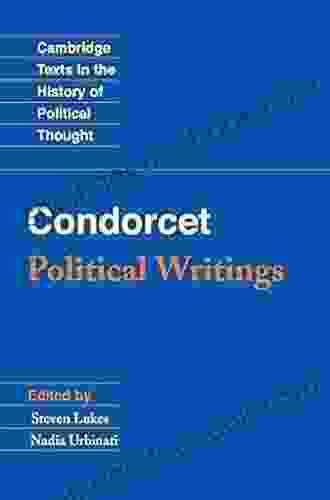
 Beau Carter
Beau CarterLater Political Writings: A Window into the Evolution of...
Political thought, like...

 Tyrone Powell
Tyrone PowellThe Essential Guide to Family School Partnerships:...
: The Importance of...
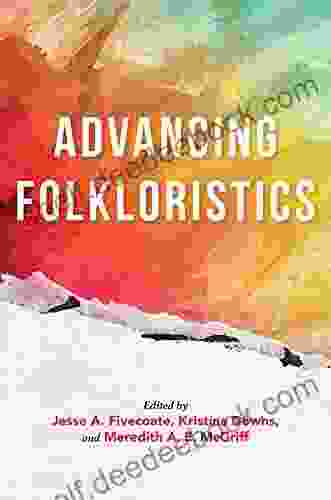
 Christian Barnes
Christian BarnesAdvancing Folkloristics: Conversations with Jesse...
Dr. Jesse Fivecoate is an...

 Jake Carter
Jake CarterHal Leonard DJ Method Connell Barrett: A Comprehensive...
Are you ready...
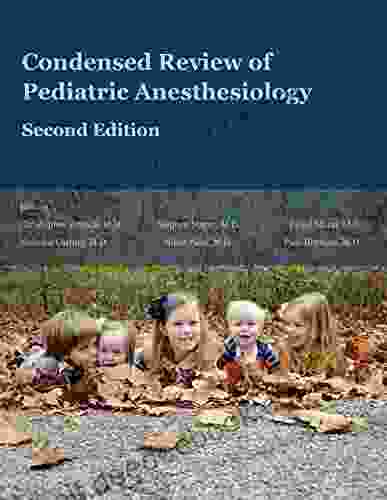
 John Updike
John UpdikeCondensed Review of Pediatric Anesthesiology Second...
Condensed Review of...
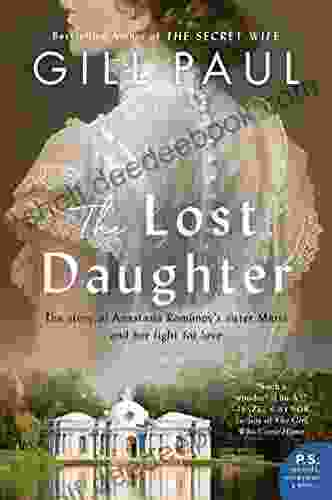
 Guillermo Blair
Guillermo BlairExploring the Complexities of Motherhood and Identity: A...
Elena Ferrante's "The Lost...
4.7 out of 5
| Language | : | English |
| File size | : | 11448 KB |
| Screen Reader | : | Supported |
| Print length | : | 240 pages |
| X-Ray for textbooks | : | Enabled |


